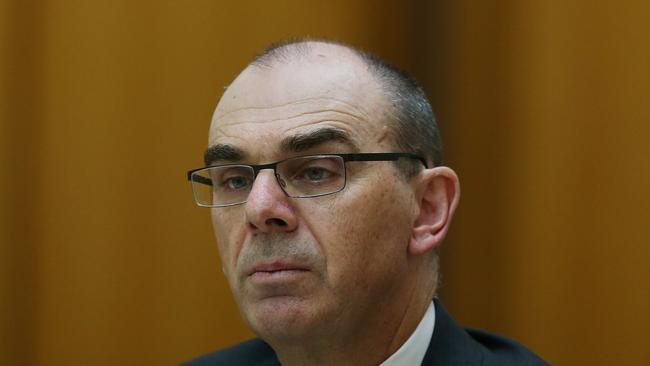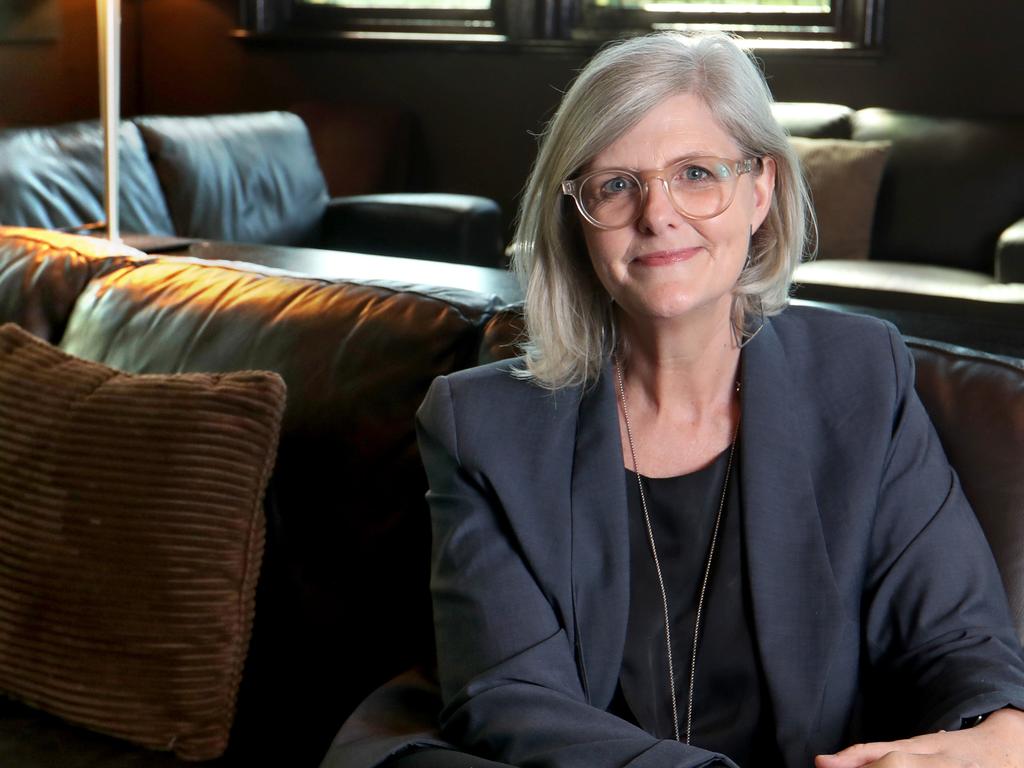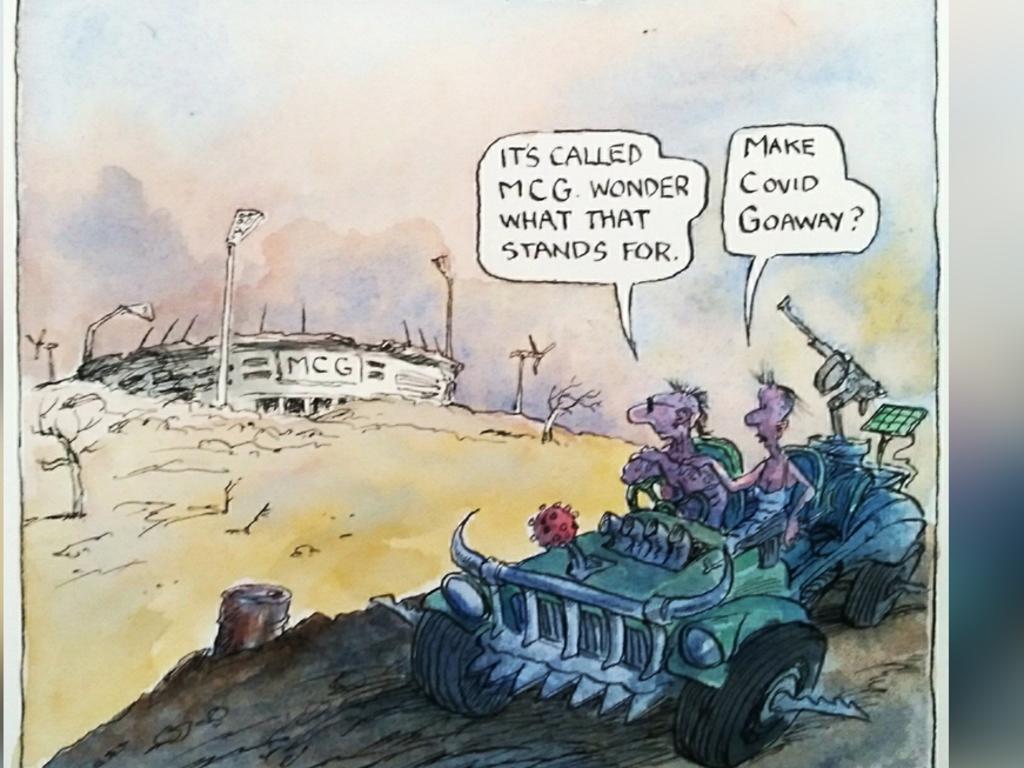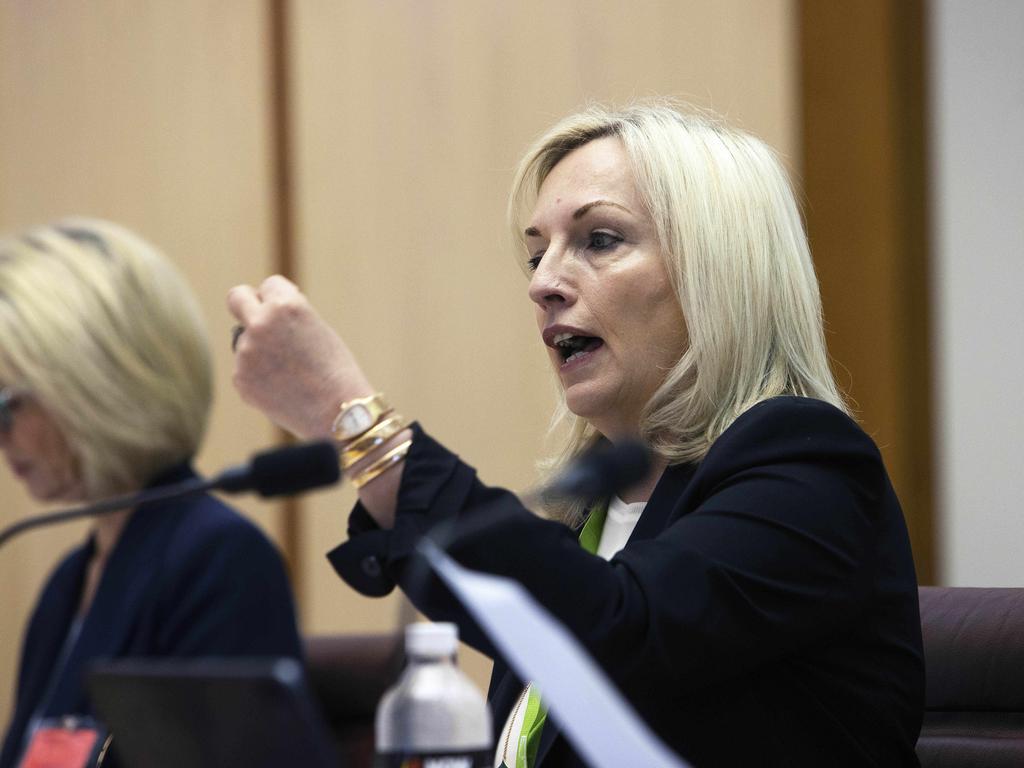Next year could be just as tough, APRA chair Byres warns
The financial services watchdog will focus on the financial and operational resilience of the country’s banks, insurers and superannuation funds.

Australian Prudential Regulation Authority chairman Wayne Byres has warned that 2021 could be as tough as 2020 as government stimulus starts to abate and the full financial effects of the coronavirus pandemic are felt.
Appearing before Parliament House Standing Committee on Economics on Friday, Mr Byres said the financial services watchdog would be heavily focused on the financial and operational resilience of the country’s banks, insurers and superannuation funds as the global pandemic continues to unfold.
“For the next six months we’re really dealing with an environment that while it looks to be relatively stable economically, there’s a lot of government support going into the broader economy,” Mr Byres said.
The regulator, he said, was watching closely for the impact on the finance system as that government support was scaled back.
“We‘re really preparing ourselves for what happens as the government support mechanisms start to fade or are gradually wound down, and we see the full impact of the economic impacts of the virus flowing through,” he said.
His deputy John Lonsdale told the committee that the capital and liquidity levels within the nation’s banks were very good and if anything had increased during the current period.
“Credit quality is the one I think to watch. As we go through the remainder of this year and into 2021 we will be keeping a very close look on credit quality and the impact that will have on the bank‘s balance sheets. But at this stage … we are quite comfortable with the way they are at the moment although there is still a lot of uncertainty.”
Mr Byres said many parts of the financial system, including APRA itself, were still operating in an “operationally disrupted manner” with large numbers of staff still working from home.
“Thus far that’s all been very reliable, and in fact the operational stability of the financial system has been very good, but you could never guarantee that nothing else will go wrong. So we keep a very close eye on that,” he said.
The regulator was quizzed about the rapid growth in the buy now, pay later space and its potential impact on the broader financial system.
APRA does not have regulatory oversight of BNPL, but Mr Byres said the body was keeping a close eye on the sector.
He said he did not think they presented a broader financial stability risk, notwithstanding their significant growth.
“I think they’re a long way from being a financial stability threat,” he said.
“It‘s a new and innovative form of providing credit to consumers. It’ll challenge banks’ credit card businesses. There’ll be a range of implications and competitive dynamics that flow from it. Is it a particular concern to APRA and its impact on the banking sector? Not at this point.”
Westpac this week announced a tie-up with sector leader Afterpay, and Mr Byres said he expected to see other banks push into so-called white label banking products. “They’re not the only bank that is thinking about how to do it. We will see more of it, I’m sure,” he said.







To join the conversation, please log in. Don't have an account? Register
Join the conversation, you are commenting as Logout